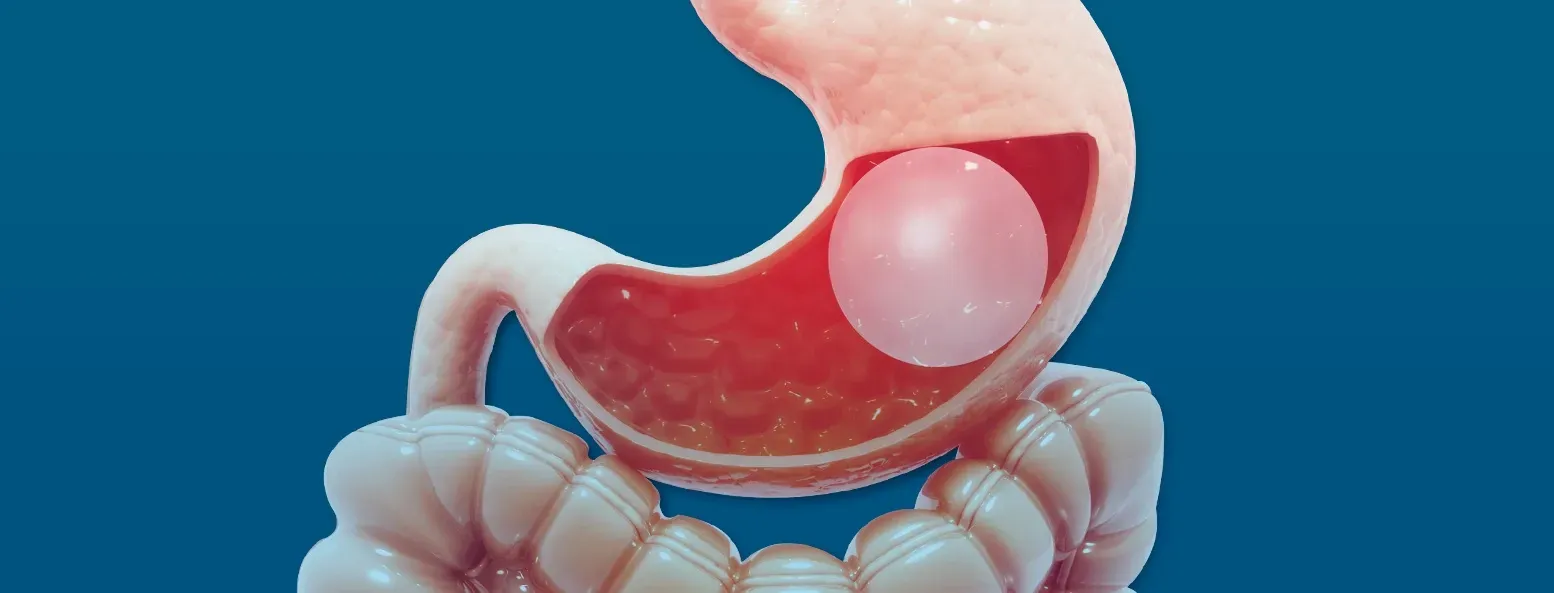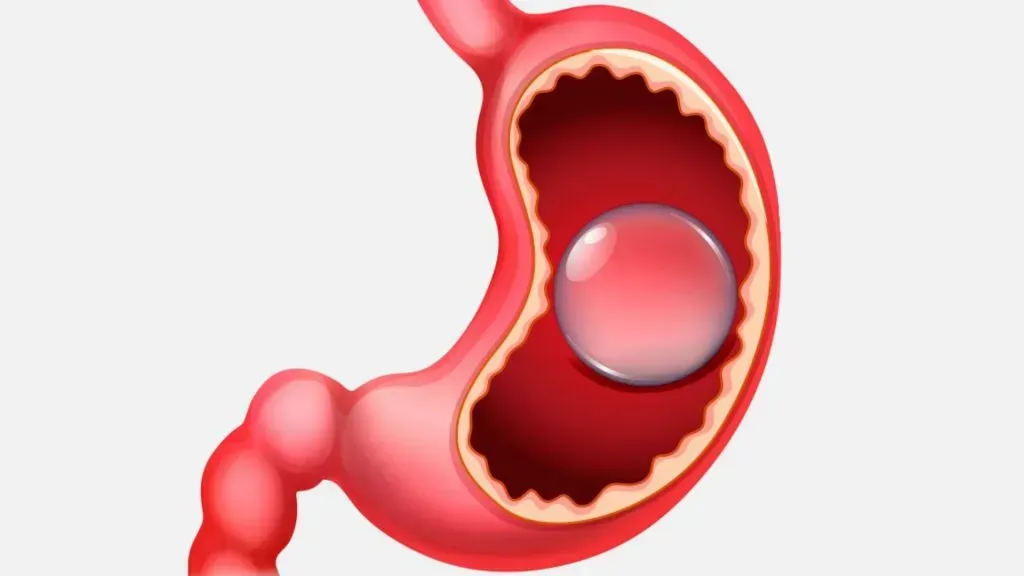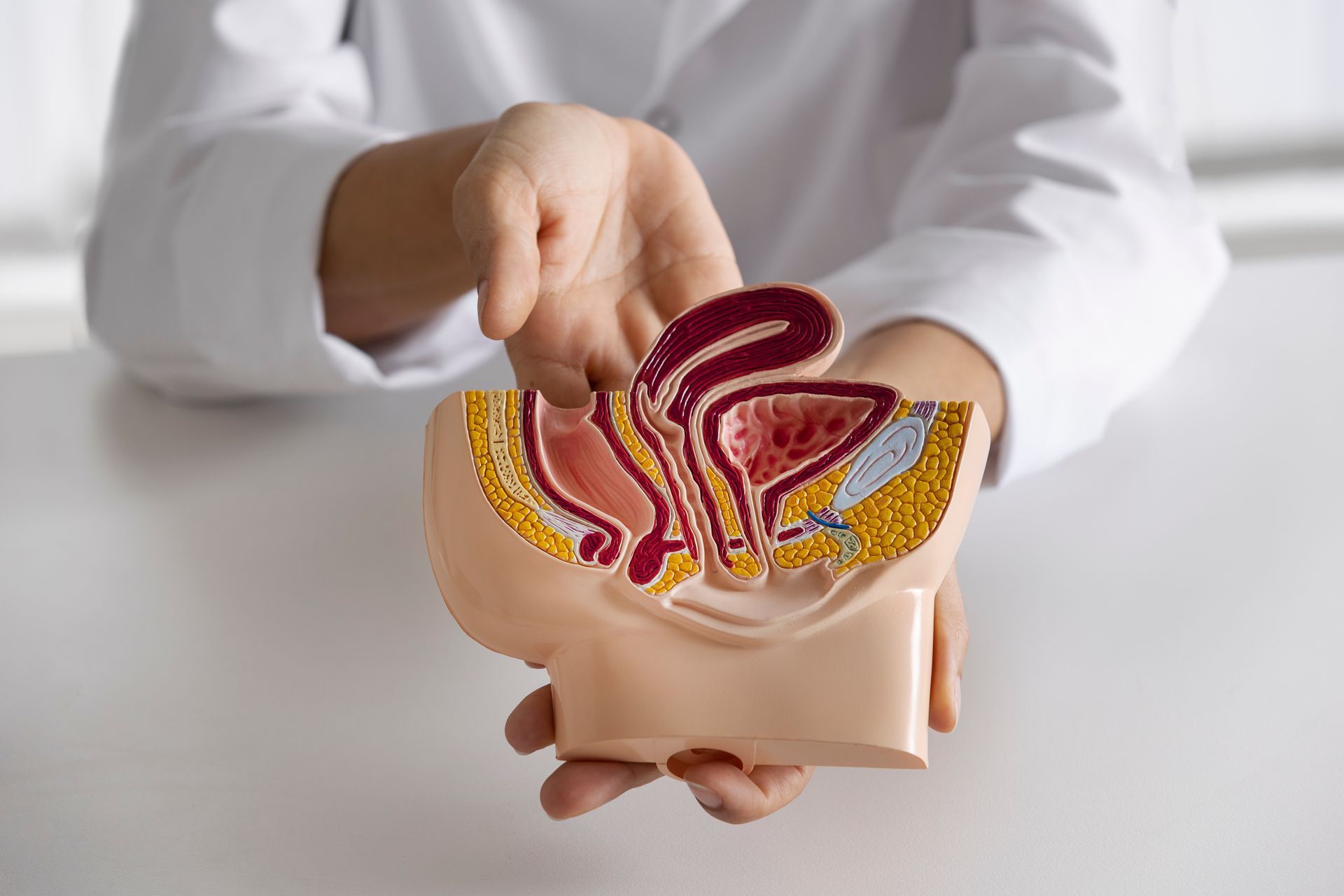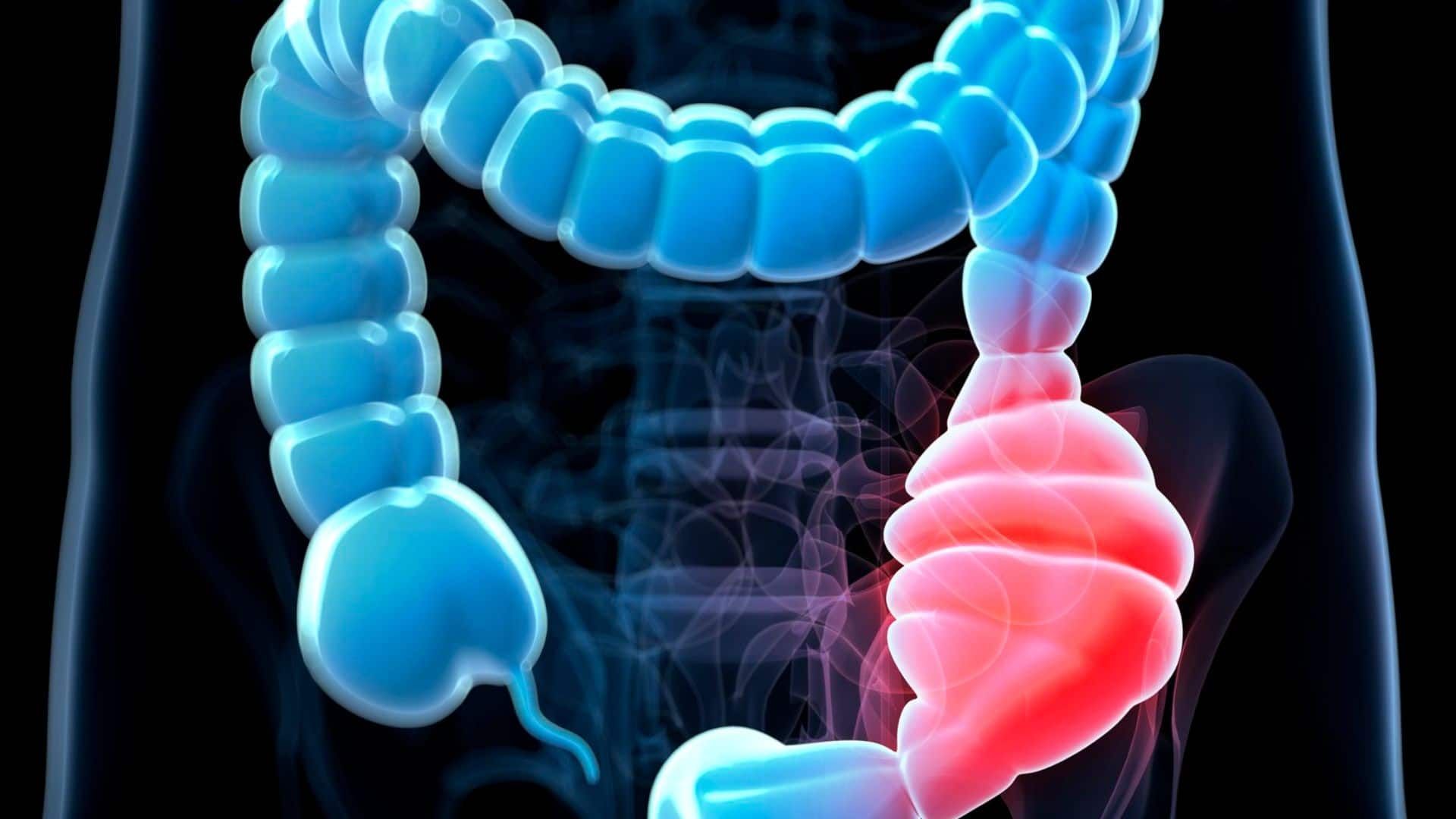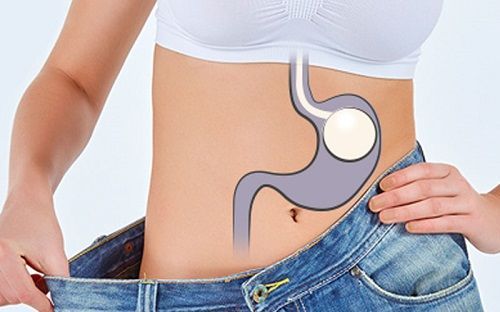Learn How a Colonoscopy Can Help Prevent Colorectal Cancer
A Colonoscopy is a procedure that improves the detection of colorectal and colon cancers. With a colonoscopy procedure you are asked to have clear liquid diet the day before and to drink a solution that will clean your colon. This solution is safe and used on patients with kidney or heart conditions. If you are diabetic you can avoid hypoglycemia by drinking clear solutions with glucose the day before the procedure. It is important that you stop or continue medications as instructed by us.
Polyps and Colorectal Cancer
It is also important that you have the procedure performed by a skilled gastroenterologist. A gastroenterologist helps prevent colorectal cancer when performing a colonoscopy is by detecting polyps and removing them completely.
Polyps are growths of tissue in your colonic mucosa that could transform into cancer. When performing a colonoscopy, the doctor could miss polyps. The fewer polyps the doctor misses, the higher the likelihood of preventing colon cancer. Colonoscopy has a missed adenoma detection rate that varies among different GI specialists. In my practice, I have an adenoma detection above 30%. I also make sure that the polyps are removed completely, since leaving a 1 mm area of a polyp would not be sufficient in preventing that polyp to become cancer.
High-definition Colonoscopy Technology
Another important factor for a high-quality colonoscopy other than the gastroenterologist’s skills is the equipment used. I am sure you have noticed the difference when watching a movie on standard versus high definition, right? You have to even pay more when renting a movie in high definition!
When performing a colonoscopy, we use an elongated camera that transmits the images of your colonic mucosa into a monitor. High definition means more detail and better chances for the gastroenterologist to find a lesion. We even have “special effects“ that makes your colonic mucosa look blue which enhances the detection or confirmation of an adenomatous polyp. Sometimes there are growths in the colonic mucosa that have no clinical significance, non-adenomatous. This is confirmed ultimately by looking the polyp under the microscope, done by the pathologist, but the blue colored effect makes some features be evident.
So, we have heard about how a skilled gastroenterologist and technology could help you preventing colorectal cancer but there is more…
The Importance of regular colonoscopy screenings
You are fifty years old, you get a colonoscopy and I found and remove a polyp. Are you free of cancer thereafter? Unfortunately, not…. If you had multiple or larger polyps, it is highly recommended that you do a follow-up colonoscopy sooner than later. The more polyps or bigger polyps, the more chances that you will have another one growing in the future.
In addition to this, your family history plays an important role. If your first-degree relatives have a history of colorectal cancer, your risk increases. So, if your colonoscopy was normal, you will still need a repeat colonoscopy in five years if you have family history of colon cancer.
Besides getting a colonoscopy, there is something that you can do daily to prevent colorectal cancer! Eat healthy, lots of green vegetables, avoid red meat, and avoid processed food. Green is the way to go! Check out some of our weight loss tips!
For More Colonoscopy Information:
How to Prep for a Colonoscopy
A Timely Colonoscopy Can Help Prevent Colon Cancer
The post Learn How a Colonoscopy Can Help Prevent Colorectal Cancer appeared first on Gastro SB.




